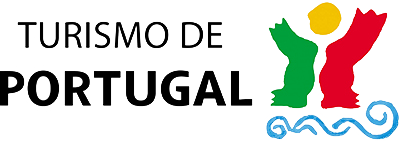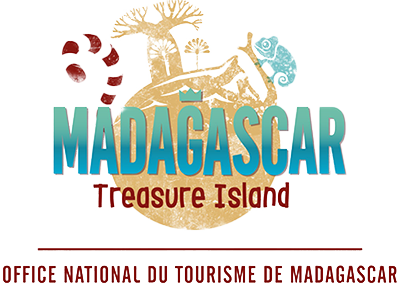PR & GO UP
Artificial intelligence and tourism: a winning combination?
Artificial Intelligence, alongside Big Data and Machine Learning, is widely recognized as a crucial tool in the processes of digitization and technological transformation across various industries, including tourism. While it is currently challenging to gauge the full extent of the transformation and the consequential impact of its gradual integration, it is worth exploring how companies in the tourism sector are responding and implementing measures during this transitional phase. Let’s delve into it together.
Artificial intelligence and tourism
Artificial intelligence: the Expedia case
Artificial intelligence: the Trip.com and Air India cases
Artificial intelligence: the Booking case
Artificial Intelligence and Tourism
Artificial Intelligence is currently the most discussed technology, and it has far-reaching implications across various aspects of personal and professional life. The world of tourism is no exception, as several globally recognized industry leaders are embracing this innovative tool. A notable example is ChatGPT, which has earned the reputation of the most prominent chatbot in use today.
Artificial Intelligence: The Expedia case
Expedia has recently introduced the integration of ChatGPT into its iPhone app. Through the chat feature, travelers can now inquire about designing itineraries with different adventure levels, with or without thrilling experiences, and also discover suitable accommodations for relaxation.
The objective here is to deliver a tailored and personalized travel experience, akin to seeking advice from a knowledgeable friend about any destination around the world.
Artificial Intelligence: The cases of Trip.com and Air India
Trip.com, a Singaporean travel portal, has developed TripGen, which provides support to travelers by answering not only travel-related questions but also general inquiries. The goal of TripGen is to position itself as a travel companion, providing simple, fast, and diverse support to travelers. Instead, Air India utilizes artificial intelligence to enhance customer assistance services and operational aspects such as pilot briefings.
Artificial Intelligence: The case of Booking
Taking a different stance is Booking: the company has explained that it prefers to exercise caution when it comes to experimenting with these new solutions. According to the managers, who are currently observing the situation without taking action, one of the added values of artificial intelligence could be to better understand users’ intentions when they are in the process of choosing a destination or accommodation.
As reported by TTG Italia, the words of Roberto De Re, founder of Travel Ledger, a technology services provider for the industry, confirm these potentials. He stated, “Artificial intelligence will be useful in managing the vast amount of information from online travel agencies and operators. The prediction is that AI will be able to differentiate data to adapt them to different types of consumers. Thus, it will be able to create unique contents for each cluster, an operation that would require tremendous effort if carried out through traditional means.”
Conclusions
Opinions are indeed contrasting: while some industry giants are enthusiastically and confidently integrating AI, others prefer to study the phenomenon before embracing it.
Certain industry experts, and one of the reasons why some companies in the sector are proceeding cautiously, argue that openAI systems have been programmed using data only up until the end of 2021. Unfortunately or fortunately, the travel industry is a continuously evolving and dynamic sector where information that was relevant a few days ago may no longer hold true today. This could be considered one of the limitations of AI, at least until a method is devised to constantly update information and keep it as current and up-to-date as possible.
One thing is clear: artificial intelligence has the potential to replace the outdated ChatBot system with a more seamless and personalized customer care experience.
What are your thoughts? Do you believe that artificial intelligence will enhance processes and make them more intuitive, fast, and functional for companies in the tourism sector as well as for end consumers?

















